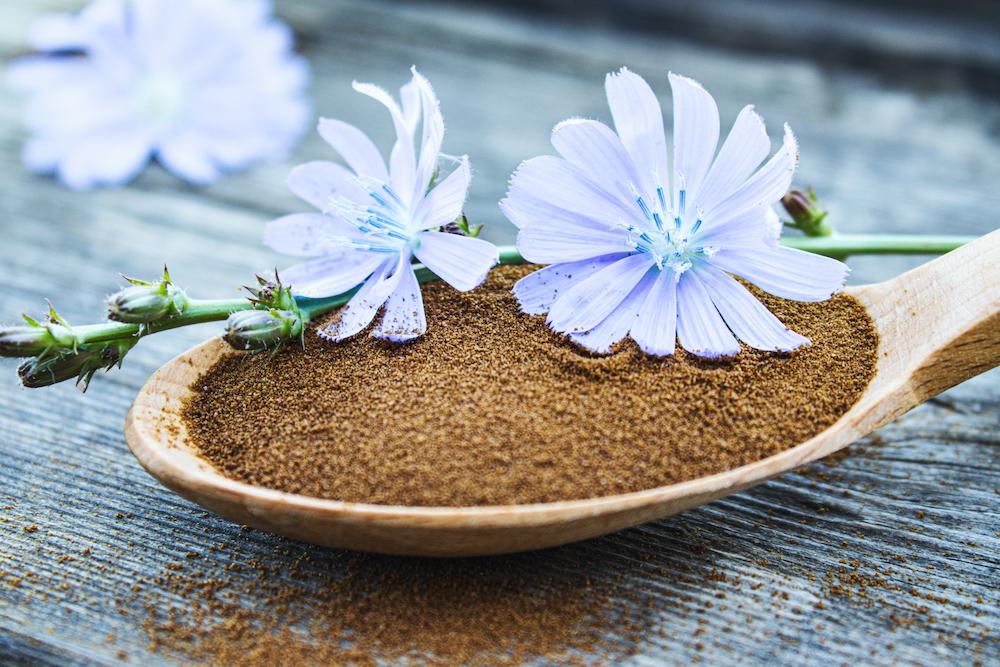Herbs and spices were used by ancient cultures to heal the body, mind, and spirit. Roughly 80 percent of people worldwide still use traditional or ancient medicine, and more than 80 percent of pharmaceuticals are derived or developed from natural products, including plants. In this series, we’ll explore the healing power of herbs and spices while learning how to incorporate these ancient remedies into our daily diet.
Did you know that chicory was used by ancient cultures to treat malaria? Interestingly, scientists have recently confirmed that this herbaceous plant does, in fact, contain antimalarial compounds.






